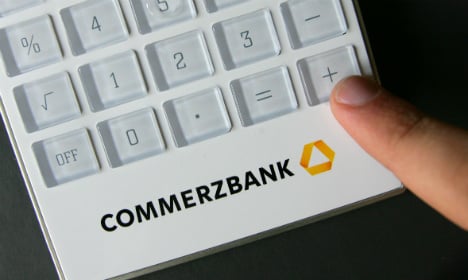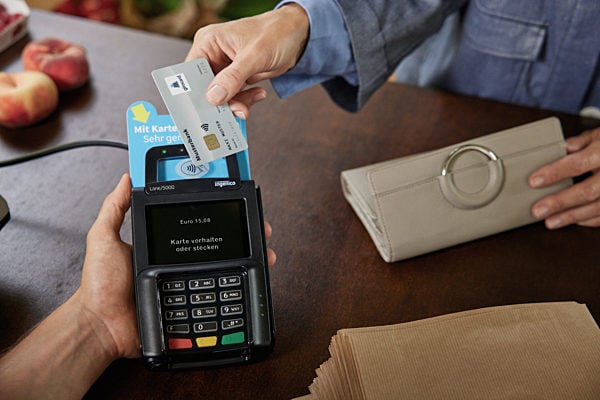Germany's second-largest bank is close to a deal with the Department of Justice, the Federal Reserve and other US regulators that would also cover charges that it violated US money-laundering rules. A settlement is expected by January, the person told the Financial Times.
Under the accord, the German bank would pay a fine around €485 million for transactions that did business with sanctioned countries including Iran, Sudan and others.
The remaining sums would resolve other charges, including an investigation led by the Manhattan District Attorney into poor internal controls on money laundering.
While the two sides have agreed on the size of the fine, negotiators from the bank are still in talks with New York state financial regulator Benjamin Lawsky over other terms of the deal, the source said.
Lawsky is known for imposing conditions in such deals including requiring banks to fire employees involved in wrongdoing and clawing back compensation.
A Commerzbank spokesman declined to comment.



 Please whitelist us to continue reading.
Please whitelist us to continue reading.
Member comments